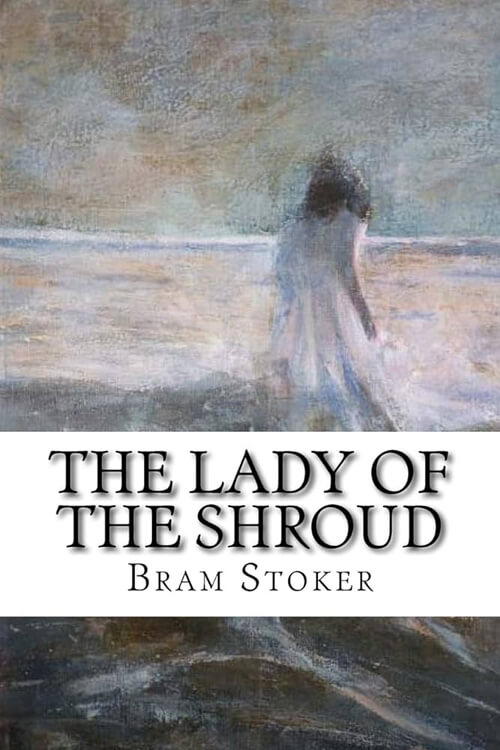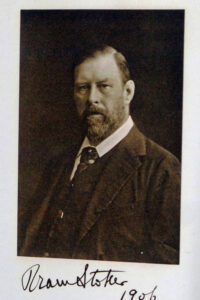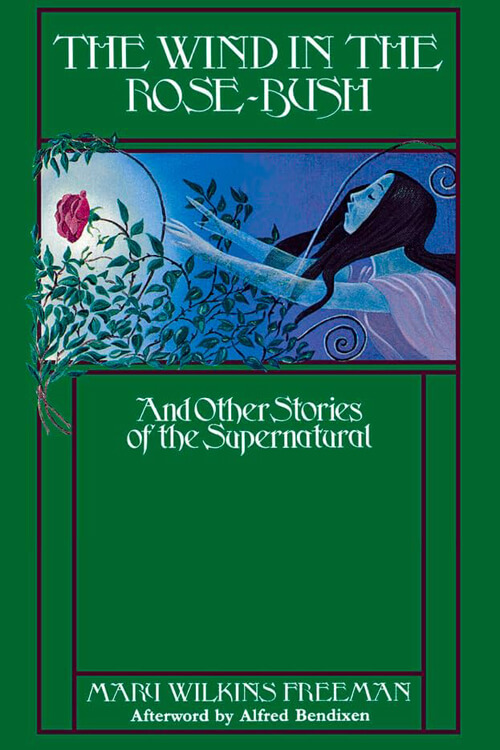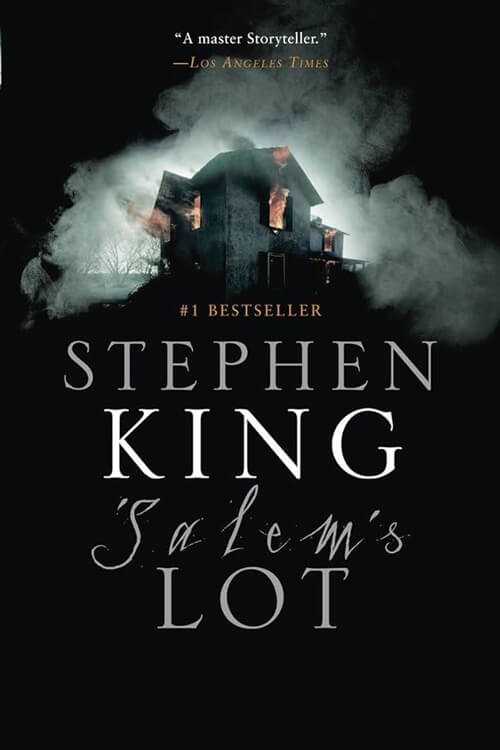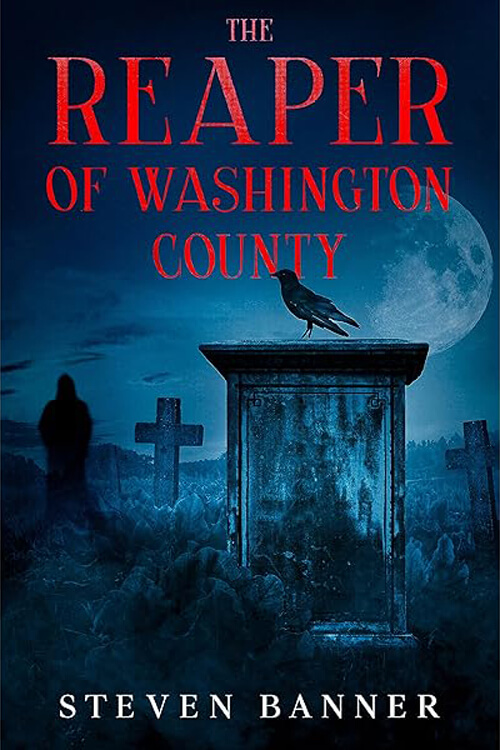
The Lady of the Shroud
To this end let me put down the various members of his family, and explain some of their occupations and idiosyncrasies. My father, Ernest Halbard Melton, was the only son of Ernest Melton, eldest son of Sir Geoffrey Halbard Melton of Humcroft, in the shire of Salop, a Justice of the Peace, and at one time Sheriff. My great-grandfather, Sir Geoffrey, had inherited a small estate from his father, Roger Melton. In his time, by the way, the name was spelled Milton; but my great-great-grandfather changed the spelling to the later form, as he was a practical man not given to sentiment, and feared lest he should in the public eye be confused with others belonging to the family of a Radical person called Milton, who wrote poetry and was some sort of official in the time of Cromwell, whilst we are Conservatives. The same practical spirit that originated the change in the spelling of the family name inclined him to go into business. So he became, whilst still young, a tanner and leather-dresser. He utilized for the purpose the ponds and streams, and also the oak woods on his estate—Torraby in Suffolk. He made a fine business, and accumulated a considerable fortune, with a part of which he purchased the Shropshire estate, which he entailed, and to which I am therefore heir-apparent.
Sir Geoffrey had, in addition to my grandfather, three sons, and a daughter, the latter being born twenty years after her youngest brother. These sons were: Geoffrey, who died without issue, having been killed in the Indian Mutiny at Meerut in 1857, at which he took up a sword, though a civilian, to fight for his life; Roger (to whom I shall refer presently); and John—the latter, like Geoffrey, dying unmarried. Out of Sir Geoffrey’s family of five, therefore, only three have to be considered: My grandfather, who had three children, two of whom, a son and a daughter, died young, leaving only my father, Roger, and Patience. Patience, who was born in 1858, married an Irishman of the name of Sellenger—which was the usual way of pronouncing the name of St. Leger, or, as they spelled it, Sent Leger—restored by later generations to the still older form. He was a reckless, dare-devil sort of fellow, then a Captain in the Lancers, a man not without the quality of bravery—he won the Victoria Cross at the Battle of Amoaful in the Ashantee Campaign. But I fear he lacked the seriousness and steadfast strenuous purpose that my father always says marks the character of our own family. He ran through nearly all of his patrimony—never a very large one; and had it not been for my grand-aunt’s little fortune, his days, had he lived, must have ended in comparative poverty. Comparative, not actual; for the Meltons, who are persons of considerable pride, would not have tolerated a poverty-stricken branch of the family. We don’t think much of that lot—any of us.
Fortunately, my great-aunt Patience had only one child, and the premature decease of Captain St. Leger (as I prefer to call the name) did not allow for the possibility of her having more. She did not marry again, though my grandmother tried several times to arrange an alliance for her.
Read or download Book
Bram Stoker
Abraham Stoker (8 November 1847 – 20 April 1912) was an Irish author who wrote the 1897 Gothic horror novel Dracula. During his lifetime, he was better known as the personal assistant of actor Sir Henry Irving and business manager of the West End’s Lyceum Theatre, which Irving owned.
Biography.
In his early years, Stoker worked as a theatre critic for an Irish newspaper and wrote stories as well as commentaries. He also enjoyed travelling, particularly to Cruden Bay in Scotland where he set two of his novels.
During another visit to the English coastal town of Whitby, Stoker drew inspiration for writing Dracula. He died on 20 April 1912 due to locomotor ataxia and was cremated in north London. Since his death, his magnum opus Dracula has become one of the best-known works in English literature, and the novel has been adapted for numerous films, short stories, and plays.
Stoker was born on 8 November 1847 at 15 Marino Crescent, Clontarf in Dublin, Ireland. The park adjacent to the house is now known as Bram Stoker Park. His parents were Abraham Stoker (1799–1876) from Dublin and Charlotte Mathilda Blake Thornley (1818–1901), who was raised in County Sligo. Stoker was the third of seven children, the eldest of whom was Sir Thornley Stoker, 1st Baronet Abraham, and Charlotte were members of the Church of Ireland Parish of Clontarf and attended the parish church with their children, who were baptized there. Abraham was a senior civil servant.

